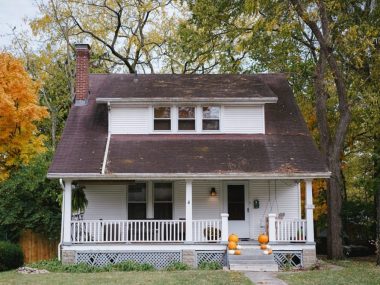
A little over two-thirds of housing units are rented property in New York City. This means that, at one point or another, you are likely to enter a lease agreement to obtain housing in the city. Even if you have signed this type of contract before, you must not be callous when signing the next one. This is because, for all you know, your new landlord may have, knowingly or unknowingly, added illegal or unethical terms and conditions within this contract. Or, otherwise, they may have left out necessary ones. Read on to discover the required provisions within a lease agreement for residential property and how a seasoned New York City real estate attorney at Zimmet Law Group, P.C. can work to ensure your rights are protected before signing one.
What are the required provisions in a lease agreement for residential property in New York?
For starters, as you may already know, a lease agreement is a legally binding contract between a landlord and tenant that contains the terms and conditions of the rented residential property. Such required provisions are as follows:
- The amount in rent payments the tenant is expected to give the landlord each month.
- The dates on which the rent payments are due to the landlord each month.
- The duration in which the tenant is allowed to stay in the rented residential property.
- The general obligations of both the tenant and the landlord throughout the stay.
As far as illegal provisions go, the landlord cannot exempt themselves from liability for the tenant’s injuries or damages caused by their negligence. Plus, they cannot require the tenant to pledge their home furnishings as a security deposit for the rent. Lastly, they cannot restrict the tenant from living with their immediate family members or dependents.
What are the tenant’s rights upon entering a lease agreement?
In the same way a landlord holds certain rights as the owner of the rented residential property, you have specific privileges when legally residing there.
For example, you should know that the terms and conditions within your lease agreement cannot be changed while it is in effect. This is unless both you and the landlord agree to it. However, you should not be coerced into agreeing to these changes.
In another example, you should know your entitlement to live in safe and clean premises throughout your stay. And if you file a good faith complaint regarding unsafe or dirty conditions, you are protected from any retaliatory behaviors by your landlord. That is, they cannot raise the price of your rent, shorten the duration of your stay, or evict you from the premises effective immediately.
This blog is just the tip of the iceberg when it comes to real estate laws in New York State. So for more information, please reach out to a competent New York City real estate attorney from Zimmet Law Group, P.C. today.


